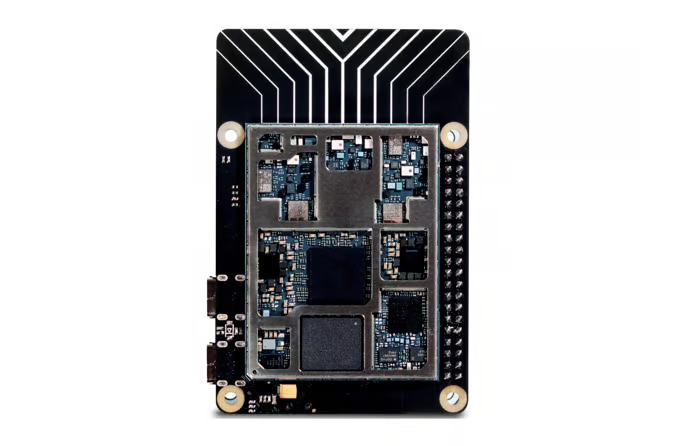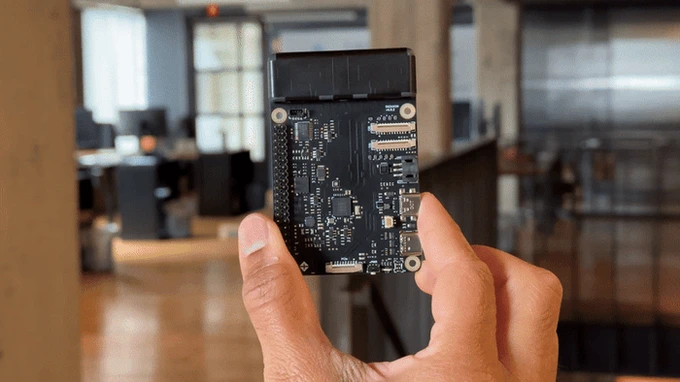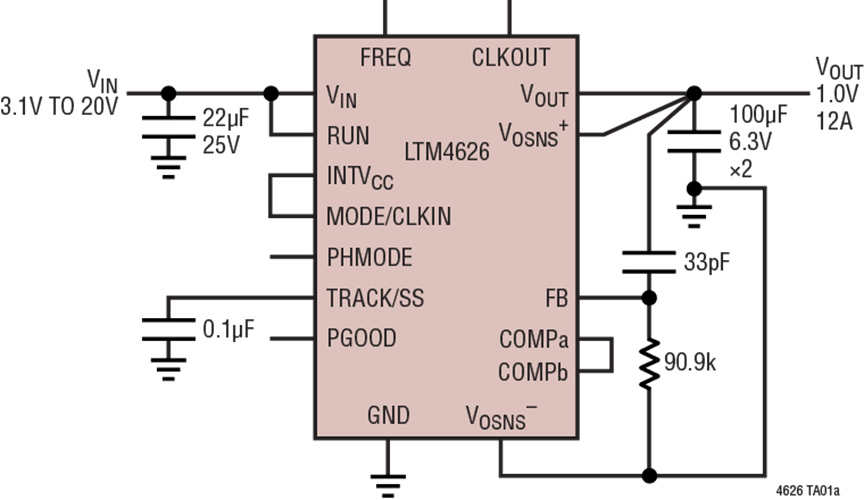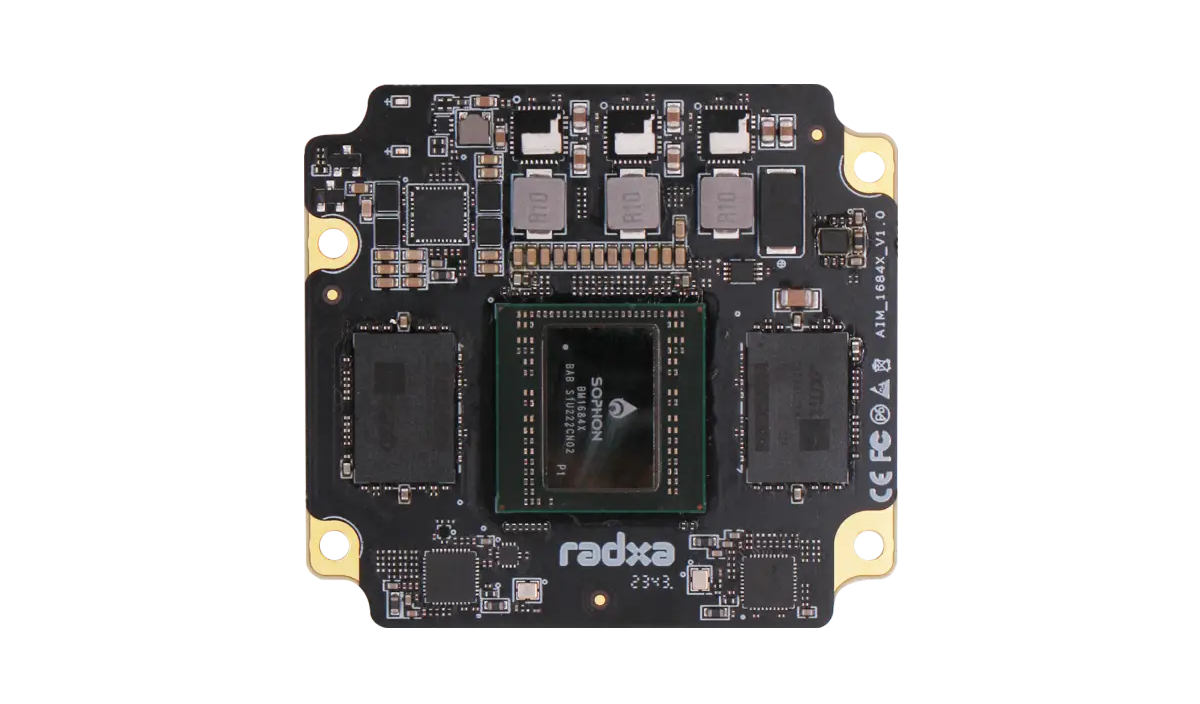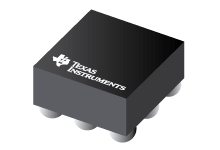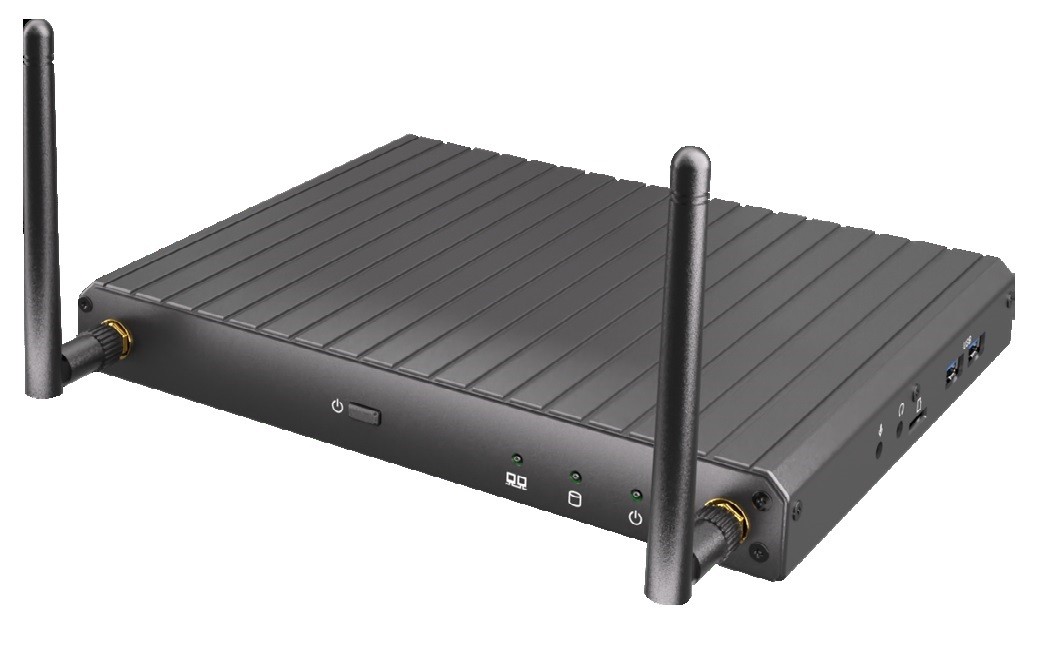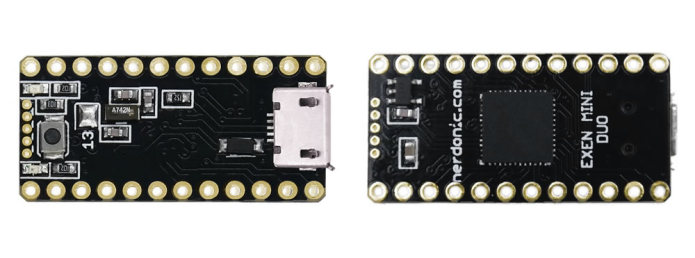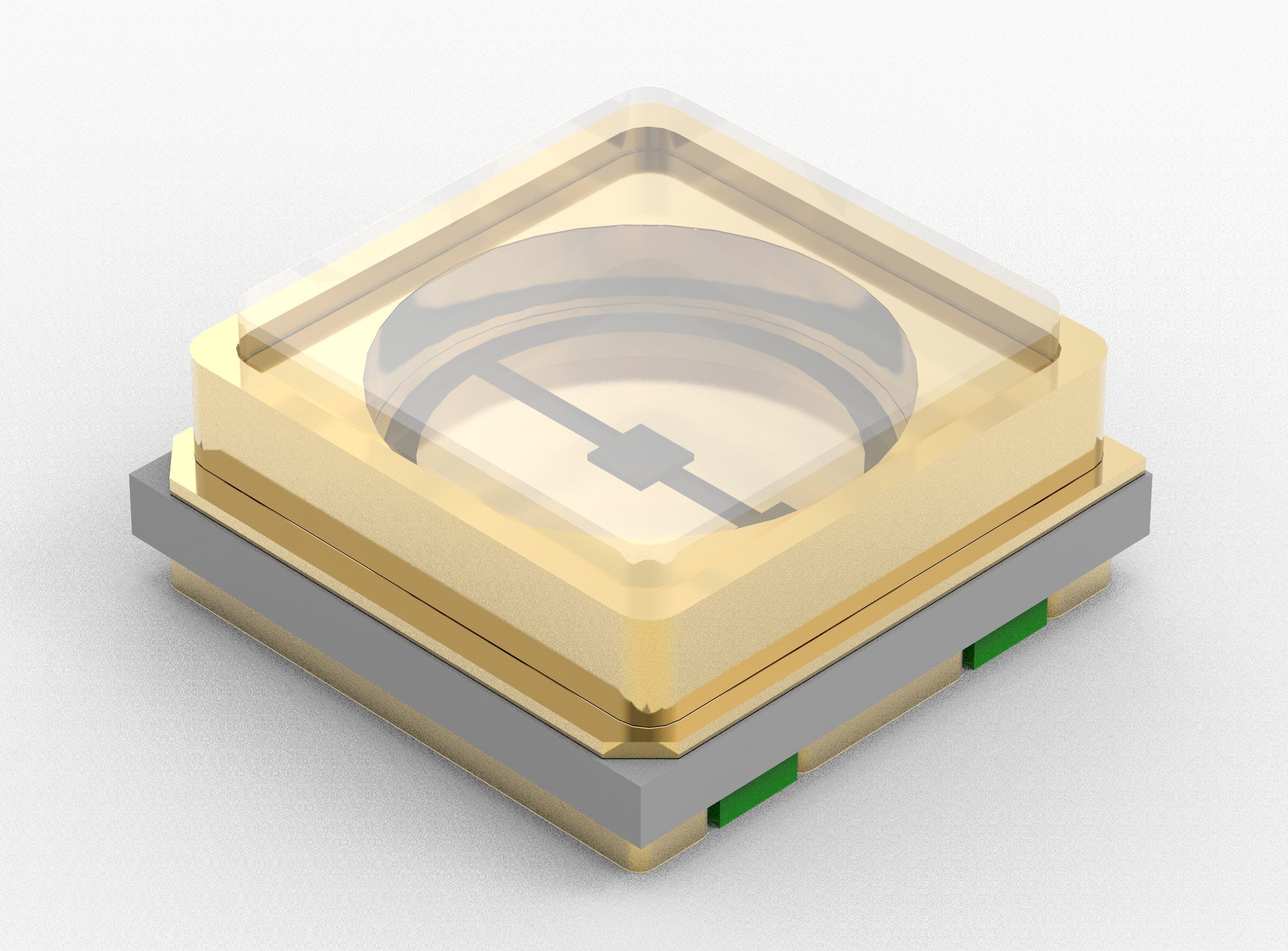
Recently, Particle, a company that designs IoT microcontrollers started a Kickstarter campaign for a high-performance single-board computer (SBC) built for software convenience. Tachyon by Particle is a 5G-connected SBC.
Unlike Particle’s Electron, which has an STM32F205 ARM Cortex M3 microcontroller, the Octa-core Qualcomm Snapdragon QCM6490 SoC powers the Tachyon SBC. It also includes an Adreno 643 GPU and an NPU with up to 12 TOPS in performance. The NPU is contained within a Qualcomm Hexagon 770 DSP. 4GB RAM and 64 GB UFS storage support these chip specs—this cumulation of features enables its application in complex AI projects.
With the chipset capable of supporting 4K displays and running powerful AI/ML models, Particle has also included two 4-lane CSI interfaces with ISP, supporting over 20 pre-integrated camera sensors like the IMX519, OV13850, and other computer vision sensors up to 25 megapixels. A 4-lane DSI interface can drive displays with resolutions up to 1200 x 2520. Additionally, the chipset features a USB-C 3.1 PD port with DisplayPort and two PCIe Gen 3 interfaces for high-speed connectivity. Alternatively, the USB-C 3.1 PD port can be
Considering its wireless interfaces, Tachyon is equipped with a WiFi 6E module and is 5G sub-6GHz compatible, capable of operating up to 2.5 Gbs. The SBC also has a built-in antenna but there isn’t more available on its specs. The SBC is embedded with EtherSIM (making it 5G-compatible).
Tachyon also features a Raspberry Pi-compatible 40-pin connector, allowing seamless integration with various optional peripherals, while supporting cameras, displays, and PCIe peripherals connected via ribbon cables. You can easily incorporate off-the-shelf components, Raspberry Pi HATs, or build Tachyon into a custom PCB. Tachyon handles diverse peripheral configurations, ensuring robust flexibility for your projects.
Taychon’s Software Support is Holistic
Tachyon has extensive software support. At the core of this experience is Ubuntu Desktop 24.04 from Canonical. Ubuntu’s reputation for user-friendly design and strong community support makes it an ideal choice, providing a familiar and intuitive desktop environment for Mac and PC users. Additionally, access to Debian’s extensive software repository ensures that all necessary tools are readily available.
For headless applications, Tachyon also supports a headless Ubuntu build, featuring A/B partitions to facilitate atomic OS upgrades in the field. This ensures reliable and seamless updates, even in remote deployments.
Recognizing the needs of advanced users, Tachyon also supports the Yocto Project, offering a highly customizable environment for those who require a more controlled Linux distribution. For superusers seeking further flexibility, Tachyon’s chipset supports a wide range of operating systems, including upstream Qualcomm Linux, Android 13, and Windows 11, allowing users to tailor their systems to specific requirements.
Furthermore, Tachyon includes Particle’s IoT platform which has an edge-to-cloud infrastructure that provides a comprehensive solution for deploying IoT devices, offering device management, OTA software updates, connectivity management, and data automation.
Particle’s Tachyon SBC is the size of a Raspberry Pi with the performance of a mid-range smartphone. More information on the product and its campaign is available on the Tachyon Kickstarter page.






